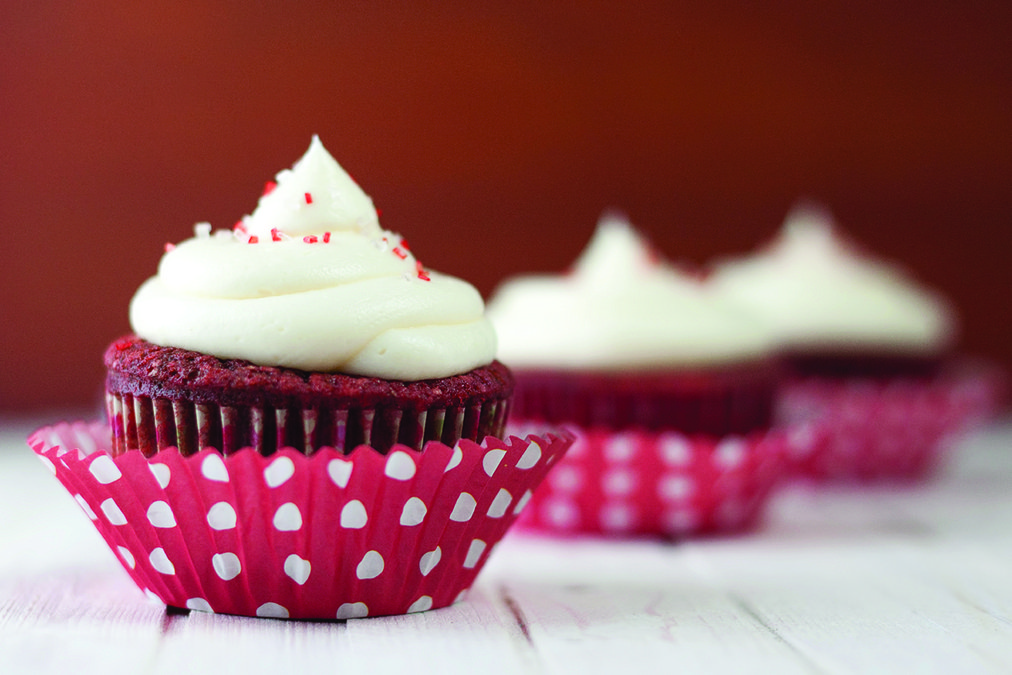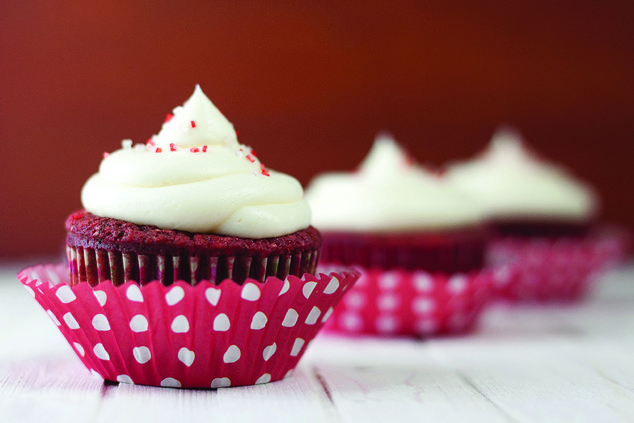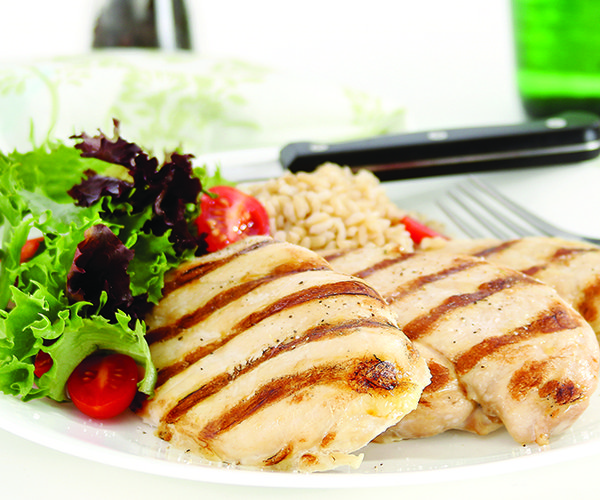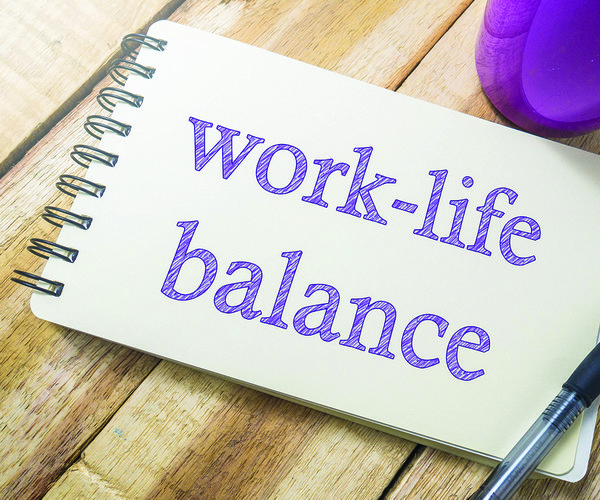Baking can be a hobby or an occupation. Baking experienced an increase in popularity during the COVID-19 pandemic, as many people took to their kitchens as a way to engage in a productive activity during their time at home. Some of that interest may have waned since the pandemic ended, but there are still quite a number of home bakers elbow deep in flour and sugar.
Although a lot of baking for pleasure involves producing smaller amounts, in some instances, people may be called on to create baked goods in larger quantities. Participation in a school bake sale, for example, or when crafting cookies for holiday giving, are times when knowing how to bake in bulk can come in handy. The following tips can assist with large-batch baking.
Use reliable, vetted recipes. When it comes time to bake in bulk, stick to recipes that have been tried before and are successful. Choosing recipes that you know well and can replicate time and again with ease means it may be simpler to multiply that recipe on a larger scale.
Pick short-baking recipes. If you must bake in bulk, choose recipes that don’t have long bake times. For example, one cheesecake can take two hours to bake, while you can make scores of cupcakes or cookies in that same amount of time.
Prep as much in advance as possible. If you have more complicated recipes or designs, spread out the work over several days. For cupcakes adorned with chocolate candies, for example, melt and mold the chocolate beforehand so each candy is ready to go when the cupcakes are done. Batters and doughs also can be made in advance and then refrigerated until needed. The French phrase “mise en place” means “everything in its place.” In cooking and baking, it refers to the practice of preparing and organizing all ingredients and equipment before cooking begins. This also is a worthwhile strategy when baking in bulk.
Save on ingredients. Shopping sales or at a warehouse center can help you save on large quantities of butter, flour, sugar, and other items when baking in bulk.
Create a schedule. Figure out how long each step for baking will take and then block out a schedule. This will help you determine how long each bake will take, and you can sort tasks according to need and freshness. Build in buffer time for things that may go awry.
Have extra gear. Doubles or triples of certain gear can keep stopping and cleaning up between batches to a minimum. For example, while you may not have room for multiple stand mixers, you can invest in two or three bowls so you can have batter ingredients ready to go and then simply run through the machine.





